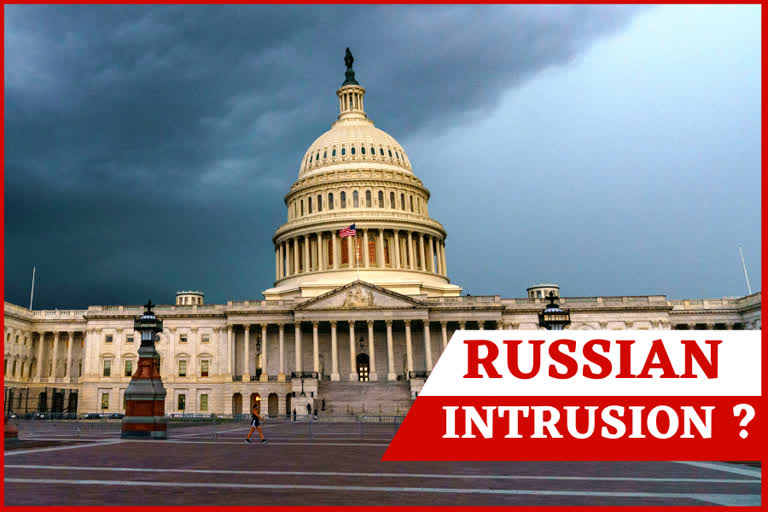Washington: The tensions coursing through the United States over racism and policing are likely targets for adversaries seeking to influence the November election, lawmakers and experts warn — and there are signs that Russia is again seeking to exploit the divide.
Earlier this year, Facebook, Instagram and Twitter pulled down dozens of accounts with names like "Blacks Facts Untold" that had been followed or liked by hundreds of thousands of people. The accounts were fake, created by an organization in Africa with links to Russia's Internet Research Agency.
Similarly, this past week Facebook announced it had removed a network of accounts linked to that "troll factory" that had pushed out stories about race and other issues. The network had tricked unwitting American writers to post content to the pages.
The goal, part of the Russian playbook for decades, was to sow chaos by posting content on both sides of the racial divide. Indeed, "no single group of Americans was targeted by IRA information operatives more than African-Americans," concluded a report from the Senate Intelligence Committee.
With the election just two months away, some lawmakers are worried that the Russian efforts, now evolved and more sophisticated than four years ago, could again take hold. They fear the Trump administration's decision to limit what it tells Congress — and by extension the American people — about election threats will allow the propaganda to spread.
"Race was a big piece of what they did in 2016, and given heightened racial tensions this year, there's no reason they wouldn't be doing the same thing again," says Maine Sen. Angus King, an independent who is on the Senate Intelligence Committee. He says the information that is now being limited "belongs to the American people."
Read also:Xi Jinping: Knitting darknet of loanee allies
Democrats were furious last weekend after Director of National Intelligence John Ratcliffe, a close Trump ally, informed Congress that the office would supply written information to the intelligence committees about election threats but would no longer be doing in-person briefings, denying lawmakers the chance to ask questions.
The cancellation came a few weeks after U.S. intelligence officials publicly stated that Russia is using a variety of measures to denigrate Trump's opponent, Democratic presidential candidate Joe Biden, ahead of the election. Trump responded to that assessment by saying that "nobody has been tougher on Russia than I have."
Election interference has always been a sensitive subject for Trump. The president has often dismissed the idea that Russia interfered at all in 2016, and has replaced many long-serving intelligence officials with his own appointees.
The intelligence statement did not offer specifics about what tactics Russia is using, but the past provides important clues.
In 2016 the Internet Research Agency had an "overwhelming operational emphasis on race" that was apparent in the online ads it purchased — more than two-thirds contained a term related to race. The company targeted that content to "African-Americans in key metropolitan areas with well-established black communities and flashpoints in the Black Lives Matter movement," according to a Senate Intelligence Committee report. One of its top performing pages, "Blactivist," generated 11.2 million engagements with Facebook users.
